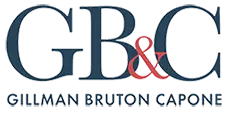How Can I Stop a Pre-authorized Debit Being Paid From My Checking Account? **
At the time we are retained, clients frequently tell us that they have authorized monthly debits from their checking account by debt collectors or so-called debt settlement companies who have promised more than they can deliver or who are out-right scammers. If you authorized the bank, to make the bank transfer funds, you must revoke your authorization for the transfer.
Unfortunately, it has been our experience that these pre-authorized debits often continue even after request to stop them have been made. Therefore the steps outlined below should be carefully followed to avoid further debits or to recover them if the are improperly made.
Oral Notice to Bank – You can provide the notice orally. If you do, obtain the name of the person to whom it was provided and their position, i.e assistant manager – Obtain the name and position of anyone who tells you can not provide Oral Notice.
Written Confirmation – The bank may require you to confirm the request in writing. Even if the bank does not written confirmation You Should Confirm the Notice in Writing.
Get Name & Address From Bank Where Confirmation Should Be Sent – Request that the bank provide the address where the confirmation should be sent. The oral request ceases to be effective after 14 days if the bank requests written confirmation and the written notice is not received.
Contact the Collection Agency or Debt Management Company Directly & Revoke Your Authorization to Charge Your Account.
Keep a Copy of Your Notice Revoking Authorization to charge or obtain a cancellation number.
Notify Bank In Writing that the debt collector or debt settlement company no longer has authority to debit your account. It may be best to provide the notification in writing.
If you have revoked authorization and the debt collector or debt settlement company continues to charge the account, you can dispute the transactions with the bank.
**Pre – Authorized Transfers are governed by 2(k) of Regulation E, issued by the Federal Reserve System pursuant to the authority of the Electronic Fund Transfer Act (15 U.S.C. 1693 et seq.).


